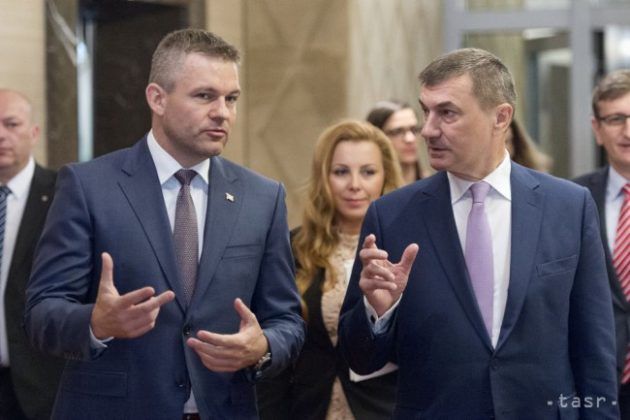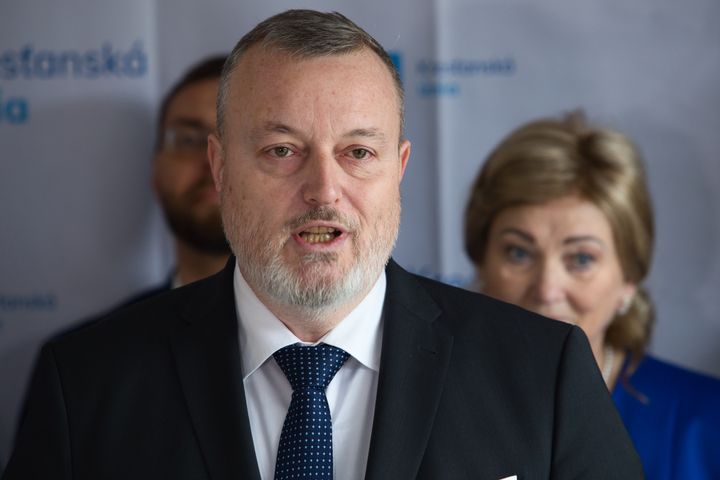Pellegrini Presents Slovakia's Priorities for Digital Single Market

Bratislava, June 9 (TASR) – Geo-blocking of online sales, data portability and the ending of roaming are among the priorities for Slovakia’s upcoming Presidency of the Council of the EU, said Vice-premier for Investments and Informatisation Peter Pellegrini (Smer-SD) on Thursday.
Pellegrini’s remarks came at a meeting with Andrus Ansip, European Commission Vice-president for the Digital Single Market and former Estonian prime minister, during the ITAPA 2016 conference in Bratislava.
Pellegrini and Ansip agreed that in order to move forward in the field of digital services, Slovakia and the whole EU have to use one single identity, one single identification card, guaranteed by the government of each member state.
Regarding the informatisation of society, in which Estonia serves as a model for Slovakia, the former Estonian prime minister told Pellegrini that it was a difficult process even in Estonia and that it took six years to bring the process of digitisation to the current level.
“We’ve done some good work as well, and there’s still some work ahead of us, so we need to continue in our efforts in order to approach the most developed countries in the field of digital services,” said Pellegrini.
The Slovak vice-premier told Ansip that Slovakia during its presidency will focus on several priorities that are on the digital single market’s agenda, such as the portability of digital content, ‘unjustified’ geo-blocking between EU countries and the ending of roaming set for July 2017.
Ansip believes that during Slovakia’s presidency a proposal aimed at ensuring cross-border portability of online content services in the internal market will be approved by the EU.
In addition, Pellegrini, who has been in charge of the new Office for Investments and Informatisation since June, said that his first steps in office will be aimed at auditing major projects on informatisation that were carried out in the past as well as verifying new informatisation projects planned for the future.



